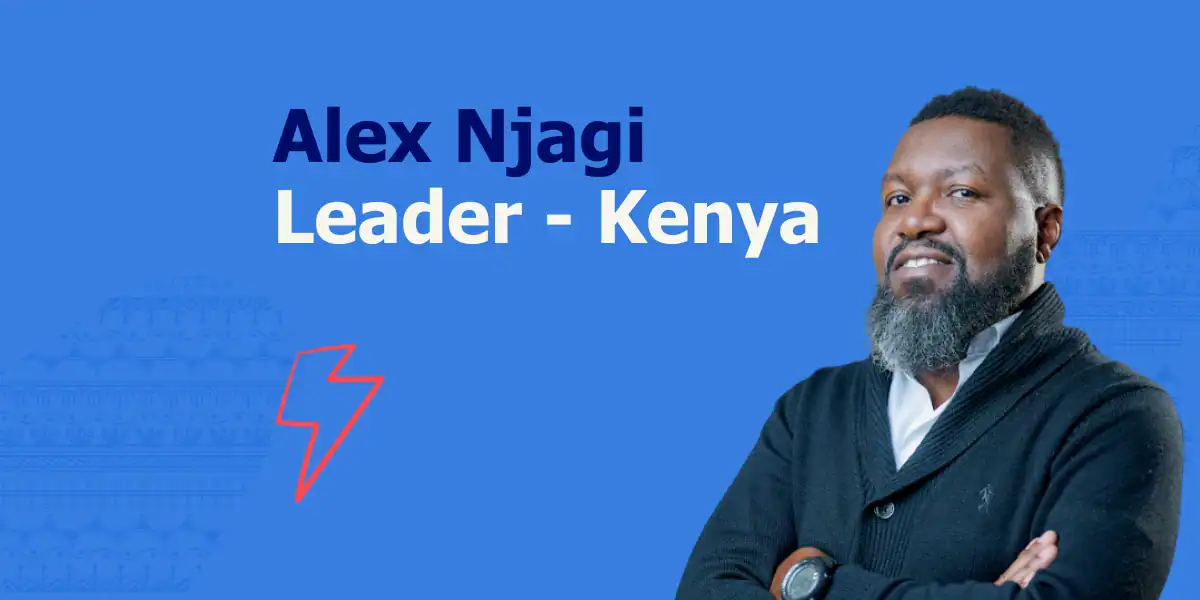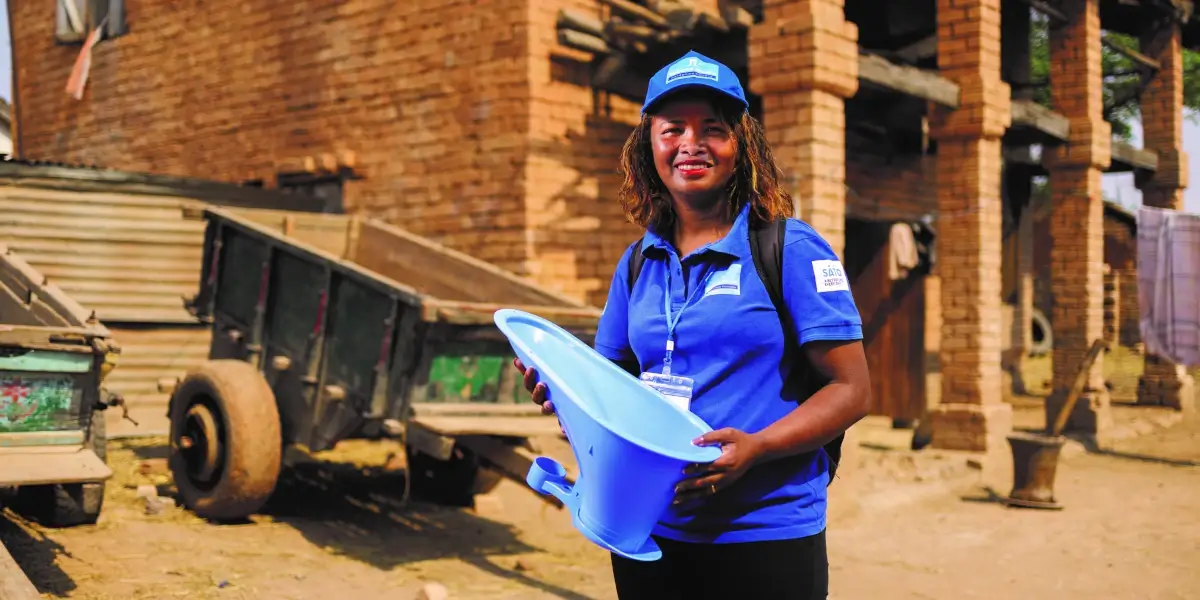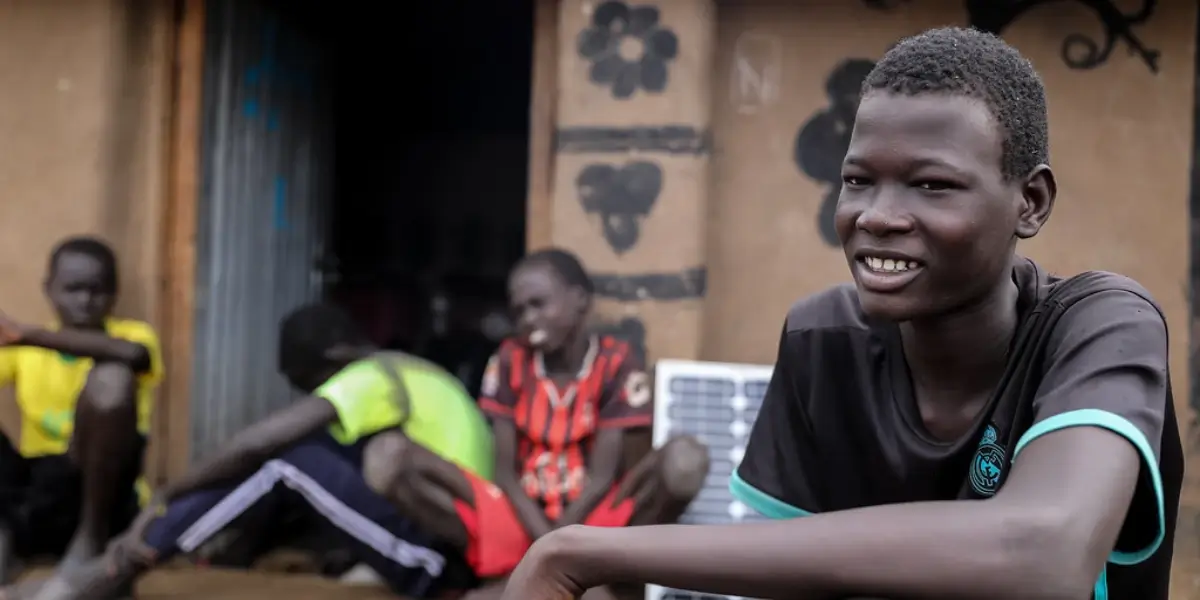
Product adoption requires community relationships

Community relationships matter when it comes to product adoption
On the face of it, the arithmetic of a successful business is simple. You spot a gap in the market and meet it with your solution. Rarely, however, is it quite so simple. Business success relies on a customer centric approach. Whatever the product or service, companies must understand the specifics of local needs, tailor their offer, build awareness and, in some cases, shift mindsets. Fall at any of these hurdles, and the chances of success are slim. However, achieving this in areas where existing information from communities is scarce presents a major challenge.
SATO’s experience in Ghana’s Greater Accra Metropolitan Area is a case in point. We could see there was a clear need for our products. Only 10% of the region was served by a sewerage system, up to 30% of people were reliant on public toilets, and half the population lived in compounds with shared latrines. What’s more, our initial qualitative research showed a desire from local people for a more comfortable and dignified toilet experience, with reduced odour, health risks, and insects. However, sanitation can be a taboo topic for many people, who are wary about sharing the negative elements of their latrine experiences. This presented a challenge for us when trying to tailor our solutions and approach to entering the market.
We needed to collaborate with a trusted partner who could help build relationships with local communities and gain an insight into their experiences of sanitation. Based on this need, we began work with Archipel&Co, a specialist in inclusive business strategy and collaborative consumer research. Together, we sent field teams to connect with local people, targeting fathers, mothers, landlords, and community leaders. We also applied a gender sensitive approach to ensure we understood the nuances influencing the decision making of potential customers. This field work enabled us to identify two key barriers to adopting SATO products. Firstly, 49% of consumers were unable to unilaterally make the purchase decision for a SATO pan because they lived in compounds with an average of three other households. Secondly, even when they did make a purchase, 68% of SATO pan buyers were not installing their products within three months due to lack of funds or mason availability.
We also generated an important insight into our customer outreach strategy. Research showed that, while door-to-door sales were the most expensive approach to connecting with potential customers, using this method in the early stages of market entry helped strengthen the capabilities of local retailers and masons—both key parts of a successful sanitation value chain. Based on this insight, we focused our activity on door-to-door engagement and equipped our teams with a new sales system. This system not only provided a decision tree to quickly identify whether prospective buyers would benefit from a SATO pan, but also included materials to help them estimate installation costs. We therefore strengthened the capacity of our teams to preempt and tackle the issues we had identified through our field work.
The success for SATO has been marked. All our customers have reported feeling proud of their new toilet and 98% say the SATO reduces bothersome odours. Most importantly, our surveys found a 22 percentage point increase in the proportion of women saying they felt safe when using the latrine. In Ghana, the study informed market entry work already being led our implementation partner, the Total Family Health Organisation (TFHO), in collaboration with Population Services International (PSI). During their first year and a half of operation, TFHO oversaw sales reaching approximately 100,000 new SATO users during their first year and half of operation. Globally, we have integrated the insights developed with Archipel&Co into a model that we can test and, if appropriate, apply in our markets across the
world. This presents an opportunity not only to improve the way we do business, but to help break down the barriers to sanitation for communities around the world.
WANT TO STAY UP TO DATE?
Subscribe to our newsletter to stay on top of the latest news, views, and stories from on the ground.
The easiest way to do this is to sign-up for our LinkedIn newsletter here. We'll then send you a bi-monthly letter from our Leader, Erin McCusker.

Similar articles
While global in scope our stories are local at heart.



 Copyright © LIXIL 2025
Copyright © LIXIL 2025